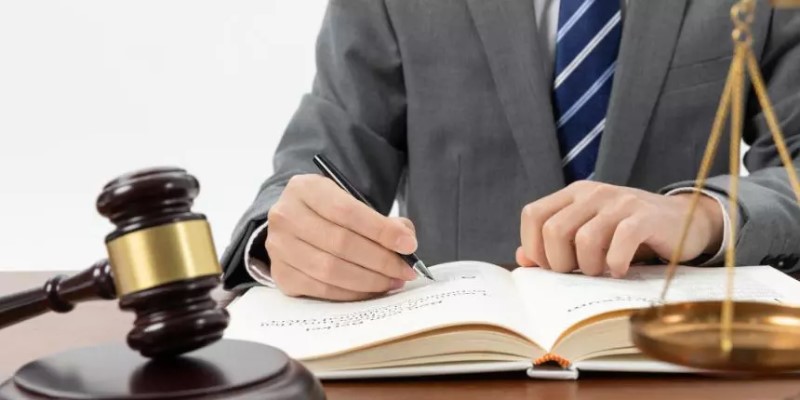Background Check Lawsuit Settlement

When a consumer reporting agency (CRA), such as a background check company, violates the Fair Credit Reporting Act (FCRA), consumers may be able to file a lawsuit and obtain a settlement. The FCRA is a federal law that protects consumers’ privacy and accuracy of their credit reports.
There are a number of ways in which a CRA may violate the FCRA, such as:
- Providing inaccurate information in a consumer report
- Failing to provide consumers with a copy of their consumer report before taking adverse action against them
- Failing to properly investigate disputes over the accuracy of information in a consumer report
If you believe that a CRA has violated the FCRA, you may be able to file a lawsuit and obtain a settlement. Settlements can provide consumers with a variety of benefits, such as:
- Monetary damages
- Correction of inaccurate information in their consumer reports
- Expungement of inaccurate information from their consumer reports
- Attorney’s fees and costs
If you are considering filing a lawsuit against a CRA, it is important to consult with an attorney to discuss your legal rights and options.
Examples of Background Check Lawsuit Settlements
In recent years, there have been a number of high-profile background check lawsuit settlements. For example, in 2019, a CRA agreed to pay $3.3 million to settle a lawsuit alleging that the CRA failed to ensure the accuracy of the consumer reports it maintained. In 2020, a federal judge in Pennsylvania approved a $562,500 settlement against a company accused of providing prospective employers with inaccurate criminal background checks.
How to File a Background Check Lawsuit
If you believe that a CRA has violated the FCRA, you can file a lawsuit in federal or state court. To file a lawsuit, you will need to prepare a complaint that outlines your legal claims against the CRA. You will also need to serve the complaint on the CRA.
Once the CRA has been served with the complaint, they will have an opportunity to respond. If the CRA does not respond or does not adequately respond, you may be able to obtain a default judgment against them.
If the CRA does respond to the complaint, the case will proceed to discovery. During discovery, both parties will have an opportunity to exchange information and evidence. After discovery is complete, the case may proceed to trial.
Conclusion
If you believe that a CRA has violated the FCRA, you may be able to file a lawsuit and obtain a settlement. Settlements can provide consumers with a variety of benefits, such as monetary damages, correction of inaccurate information in their consumer reports, and attorney’s fees and costs. If you are considering filing a lawsuit against a CRA, it is important to consult with an attorney to discuss your legal rights and options.
FAQs
Q: What is the deadline for filing a background check lawsuit?
A: The deadline for filing a background check lawsuit varies depending on the state in which you live. However, most states have a statute of limitations of two to three years from the date of the violation.
Q: What evidence do I need to file a background check lawsuit?
A: The evidence that you need to file a background check lawsuit will vary depending on the specific facts of your case. However, some common types of evidence include:
- A copy of your consumer report
- Documentation of the inaccurate information in your consumer report
- Documentation of the adverse action that was taken against you as a result of the inaccurate information
Q: How much money can I recover in a background check lawsuit?
A: The amount of money that you can recover in a background check lawsuit will vary depending on the specific facts of your case. However, some factors that may affect the amount of money that you recover include:
- The severity of the FCRA violation
- The amount of damages that you suffered as a result of the violation
Q: What are the benefits of filing a background check lawsuit?
A: There are a number of benefits to filing a background check lawsuit, including:
- You may be able to recover monetary damages
- You may be able to have inaccurate information corrected in your consumer report
- You may be able to have inaccurate information expunged from your consumer report
- You may be able to recover attorney’s fees and costs
Q: How can I find an attorney to help me with my background check lawsuit?
A: You can find an attorney to help you with your background check lawsuit by searching for attorneys who specialize in consumer protection law. You can also contact your state bar association for a referral.
Q: What are the risks of filing a background check lawsuit?
A: The risks of filing a background check lawsuit include:
- The possibility of losing the lawsuit
- The possibility of incurring significant legal fees




